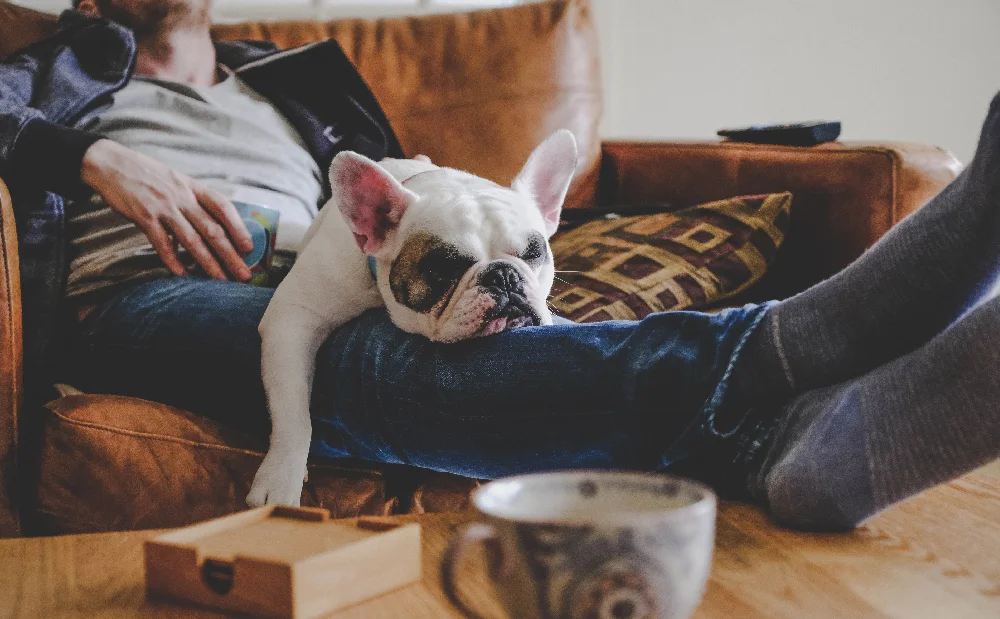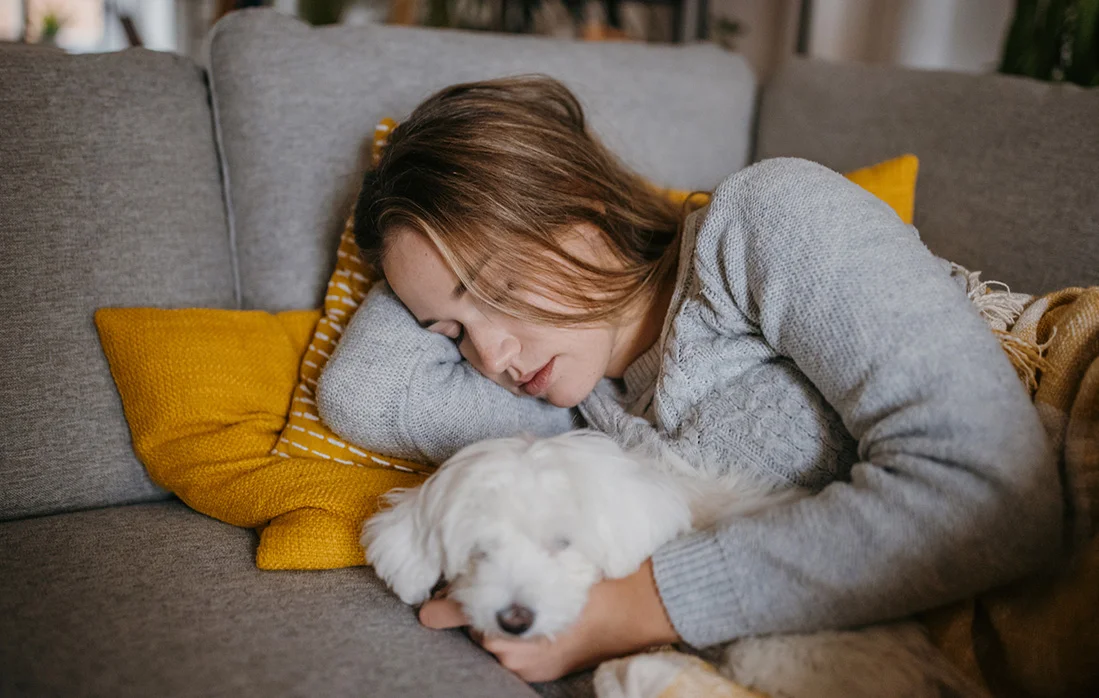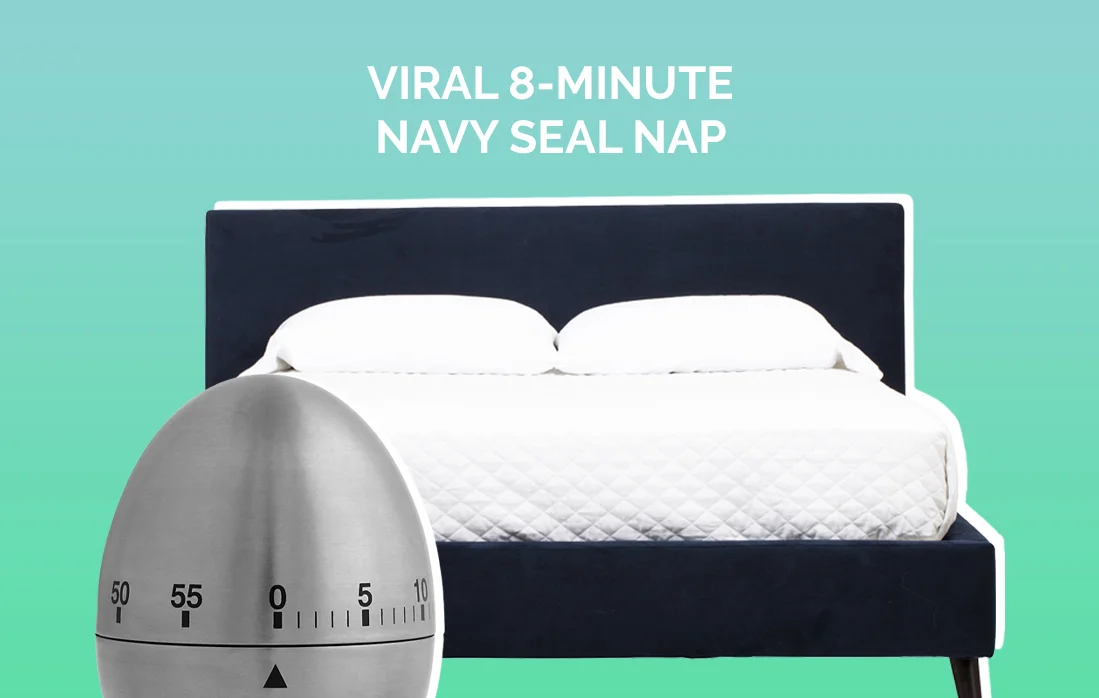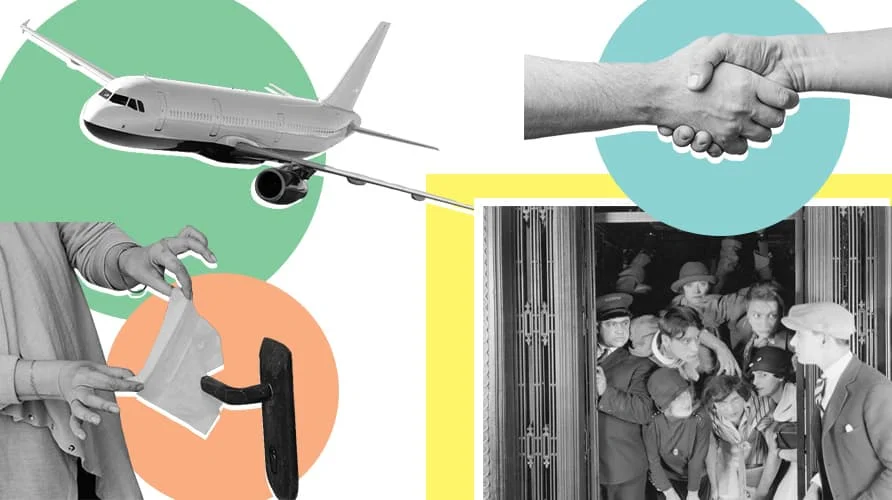
For those who can manage it, a midday nap offers a fantastic break from the day. After a good lunch, the famous “afternoon slump” can hit hard, and you may want to lay your head on your desk for just a moment… If you’re like most, your busy schedule may not give you much time for daylight snoozing. Before you write off naps altogether, though, you may want to hear Tiffany Aliche’s story. (1)
A financial education entrepreneur, Aliche teaches people how to get out of debt and reclaim their lives. She has a lot on her plate, but claims to take a long walk and a nap every day — that’s what she needs to stay healthy and happy. Sounds pretty great, right? But is napping every day healthy? And how can you do it? We’re so glad you asked.
Are Daily Naps Healthy?
You may feel a little whiplash on napping recommendations from experts. Some headlines like to point out the risks of napping, while others tout nap health benefits. Let’s clear the air and look at what the research actually says.
Napping Research
Recent research shows naps may have some substantial benefits. One study done in Europe (where naps hold an important cultural place) found that people who took brief naps had a lower chance of developing high blood pressure. (2)
Another study tested cognitive performance after napping — how well participants could focus and remember information. Turns out, the napping group showed better cognitive function and were much more alert than the non-nappers. (3)
Another study review found daytime nappers may experience symptoms of depression more often than those who skip naps. But, the relationship was full of complex variables like sleep disorders, depression medication side effects, and other medical conditions. One study in the review even found that napping during the COVID-19 pandemic actually protected people from depression. (4)
The overarching theme in all these studies: It’s complicated.
Nap Timing Matters
It turns out when and how long you nap make an enormous difference. When you nap later in the afternoon, you may stay up later that night, which can mess with your circadian rhythm (internal clock). (5) Early naps aren’t so guilty of this, says Dr. Audrey Wells, MD, sleep expert and founder of Super Sleep MD. “For general guardrails, I tell folks not to nap after 2 or 3 p.m. if you have a typical overnight sleep schedule.”
Wells also recommends setting an alarm when you nap with the goal of sleeping 20 or 30 minutes, max. “But there’s quite a bit of individual preference with this. You just have to put some boundaries on your nap and make sure you’re not falling asleep for a long time in the afternoon,” Wells says.
How to Make Daily Naps Happen
Okay, short naps in the early afternoon — check. That’s all well and good, but what if you can’t fall asleep easily during the day? First of all, that’s probably a good sign: if you fall asleep too quickly at naptime, says Wells, you may not be sleeping well enough at night.
It’s important not to put a ton of pressure on yourself to actually sleep. “Never underestimate the benefit of just five or 10 minutes of deliberate quiet time with your eyes closed,” says Wells. Whether you want to rest or try to sleep, here are some tips on how to squeeze in an afternoon siesta:
- Schedule naps: Just like an important meeting, add naptime to your schedule.
- White noise: Trouble relaxing? Try listening to white noise or a guided meditation, says Wells.
- Mask up: If all that sunlight keeps you humming, you can block out the light with an eye mask.
- Wind down: Try to ease into naptime–if you go straight from intense, busy activity to lying down for a nap, it may take a lot longer to relax.
If you can’t nap no matter what you try, but still want some daytime rest, you have some other options. Wells suggests non-sleep deep rest meditations, which can give your brain a reset. “You can also have a physical benefit from just laying down and being in a very gravity neutral position, as opposed to sitting up all day long,” Wells says. Naps and rest-time are extremely individual, so experiment with what works for you, and enjoy some extra recharging time.

The Benefits of Napping

Are Naps Bad For You? Study Links High Blood Pressure, Stroke Risk to Daytime Snoozing

I Tried the Viral 8-Minute Navy Seal Nap

How Does Anxiety Affect Your Sleep?
Sources
1. Cowles, Charlotte. “How to Run a Multimillion-Dollar Business and Still Nap Every Day,” The Cut; https://www.thecut.com/article/how-tiffany-aliche-gets-it-done.html; January 1, 2024.
2. Vizmanos B, Cascales AI, Rodríguez-Martín M, et al. Lifestyle mediators of associations among siestas, obesity, and metabolic health. Obesity. 2023;31(5):1227-1239. doi:10.1002/oby.23765
3. Dutheil F, Danini B, Bagheri R, et al. Effects of a Short Daytime Nap on the Cognitive Performance: A Systematic Review and Meta-Analysis. International Journal of Environmental Research and Public Health. 2021;18(19):10212. doi:10.3390/ijerph181910212
4. Li L, Zhang Q, Zhu L, et al. Daytime naps and depression risk: A meta-analysis of observational studies. Frontiers in Psychology. 2022;13. Accessed January 19, 2024. https://www.frontiersin.org/articles/10.3389/fpsyg.2022.1051128
5. Rea EM, Nicholson LM, Mead MP, Egbert AH, Bohnert AM. Daily relations between nap occurrence, duration, and timing and nocturnal sleep patterns in college students. Sleep Health. 2022;8(4):356-363. doi:10.1016/j.sleh.2022.05.002
6. Wells, Audrey, MD. Author interview. January 16, 2024.

























